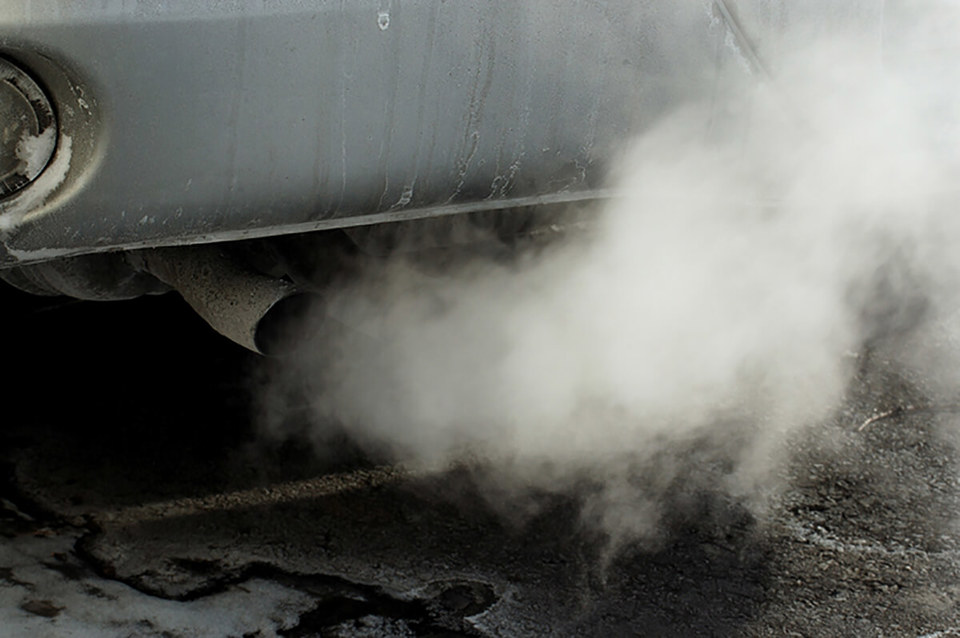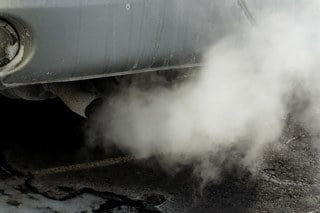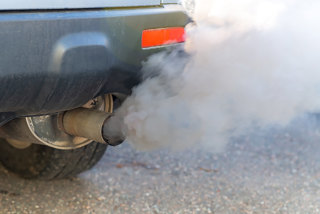New research on UK pollution published by the Royal College of Physicians (RCP) and Lancet Countdown shows that 44 UK cities are in breach of recommended World Health Organisation (WHO) guidelines for air quality.
Published alongside global research into the impacts of climate change on the public, the research highlights how the UK Government is failing to take advantage of the benefits of action on both.
Just one example, it says, is increasing investment in ‘active travel’ to at least the £10 per capita pledged previously by the Government. Such a change could result in enormous health and economic savings through the health benefits of physical activity, road traffic accidents prevented, cleaner air and lower emissions, suggests the research.
Such increased investment in sustainable modes of travel (such as walking, cycling and public transport) and electric vehicles all have the potential to unlock many health opportunities and to provide an average social return on investment of approximately £5.50 per £1 spent, it says.
However, the research shows that the Government is currently falling well short in this area. Despite its immense public health potential, active travel investment currently represents only a tiny fraction of the £32 billion spent on transport annually.
As of 2017, average UK-wide public spending on walking and cycling is £287 million per year (£4.30 per head). This is an improvement on previous years, but will fall to only £147m by 2020 (Department for Transport). Given the documented links between transport choice, air quality and poverty, such improvements could have a real impact in helping to tackle health inequalities.
The research also notes the need for national action to tackle air quality. In 2016, along with the Royal College of Paediatrics and Child Health (RCPCH), the RCP estimated that ambient air pollution causes approximately 40,000 premature deaths, more than six million sick days and an estimated total social cost of £22.6bn per year.
As the briefing highlights, the adoption of a comprehensive policy package both regionally and nationally, including clean air zones, will be sure to have a positive impact on the nation’s health, and in time will save lives.
On the research, the RCP’s special adviser on air quality, Professor Stephen Holgate, said: "The UK is leading the way internationally on many areas of climate and health – with the recent T-charge a good example. Yet it continues to miss the glaring opportunities that can be implemented today with highly substantial benefit.
"As the RCP and Lancet Countdown research shows, climate change is here and a health issue today. More can and should be done. The benefits for an overstretched health service alone are justification, but it is clear that the benefits of action will be felt much more widely, both economically and for those most affected by air pollution."
The RCP’s lead on sustainability, Dr Toby Hillman, said: "We know that high exposures in early life have a major effect on lung and cognitive development throughout an individual's life – that is why it is the government's duty to improve the air we breathe and to ensure that people across the UK are not exposed to such a preventable cause of death and illness.
"Addressing climate change and poor air quality isn’t a burden or cost, but fundamentally an opportunity we should grasp with both hands."























Login to comment
Comments
No comments have been made yet.